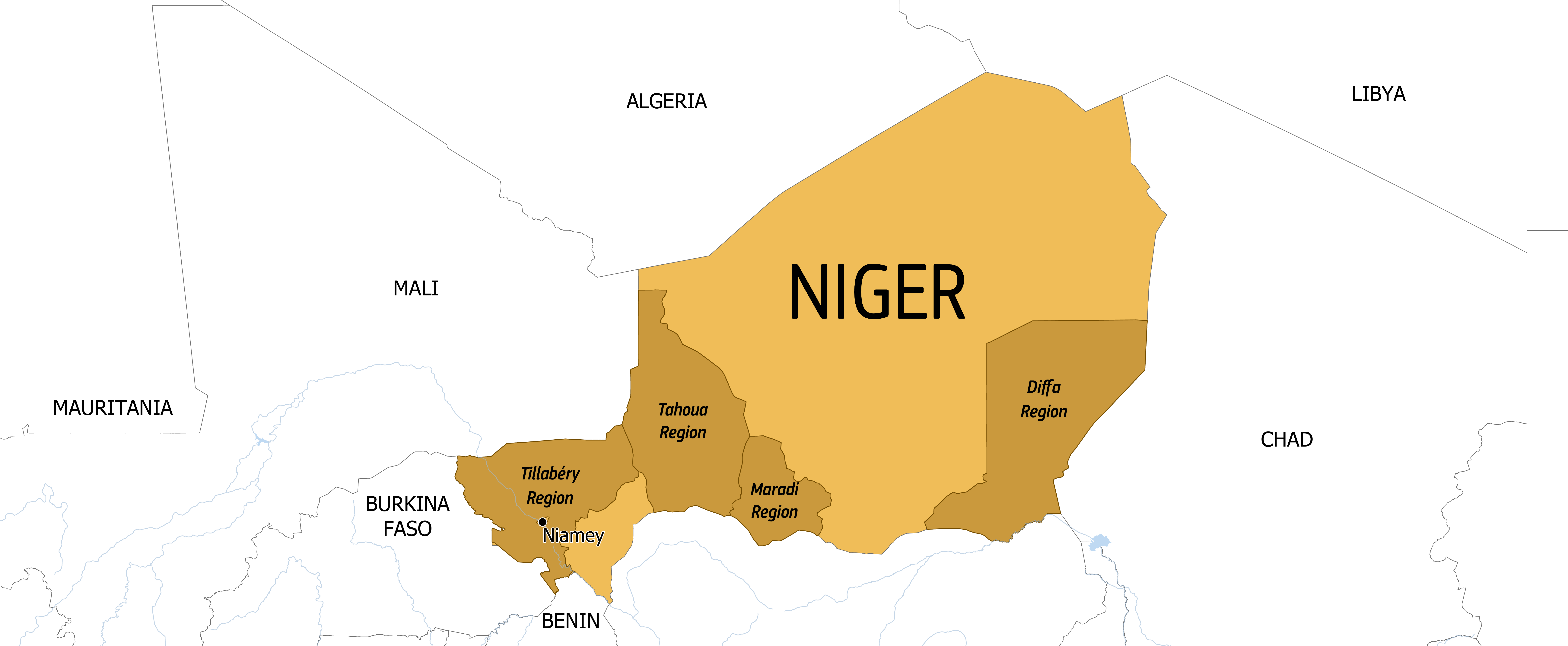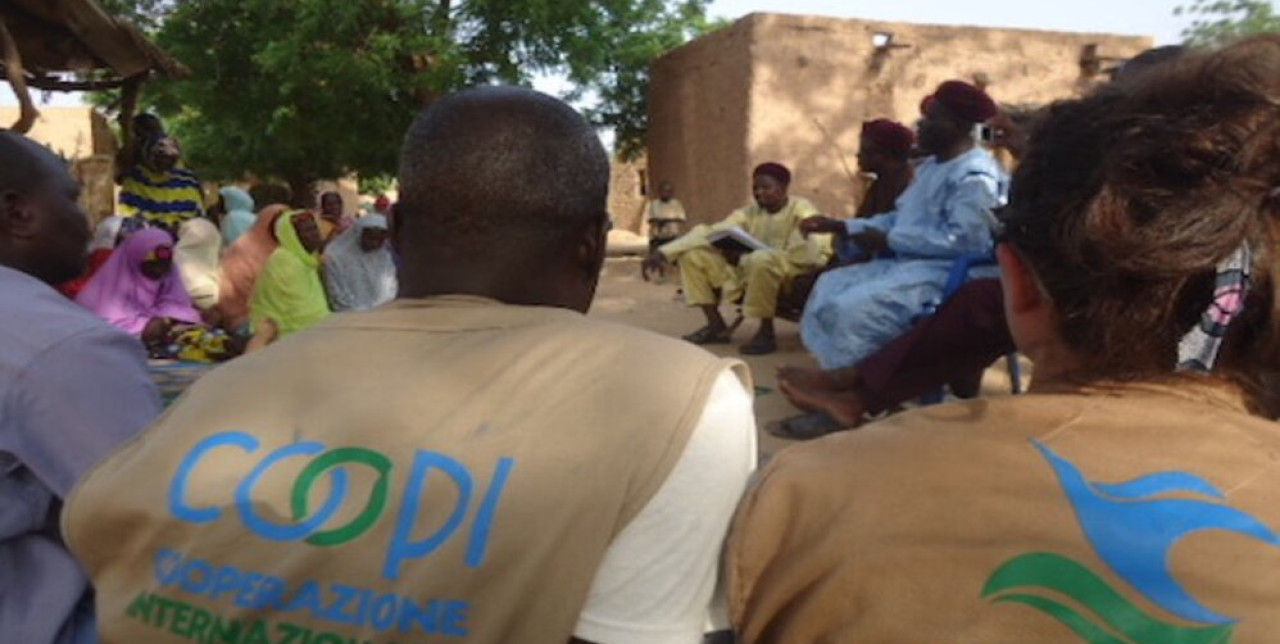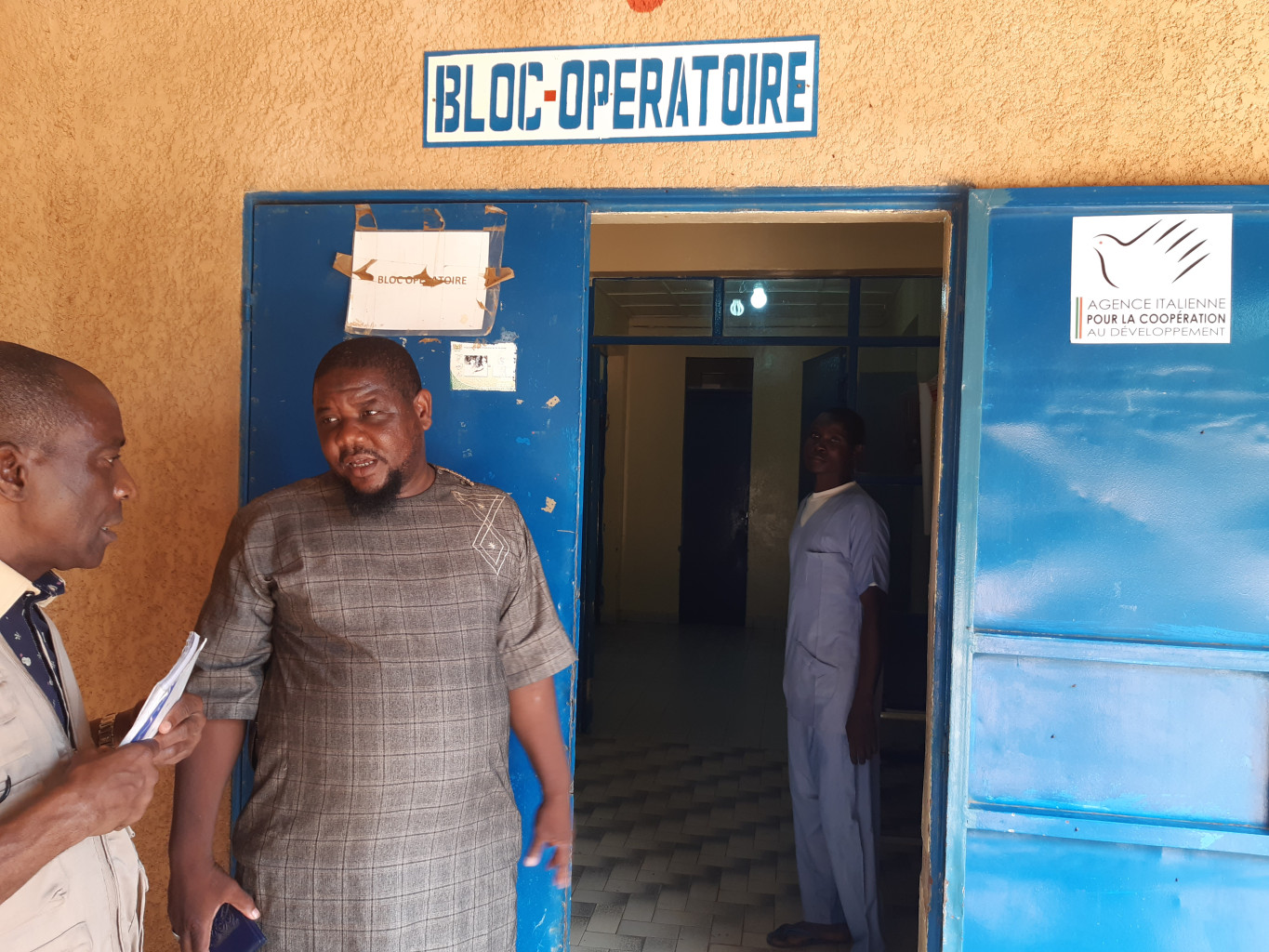10-11-2020 | di COOPI
COVID-19.COOPII alongside public health to tackle the pandemic in Niger
In response to the emergency situation caused by the COVID-19 pandemic, COOPI - Cooperazione Internazionale has intervened in Niger with the project "Emergency health care and risk prevention COVID-19, in the communities affected by the current humanitarian crisis in the regions of Tillabéry and Tahoua, Niger" funded by the Italian Agency for Development Cooperation (AICS).
The activities, started in August, aim at supporting local public health in this critical phase and at integrating the health care projects already active in the territory of Tillabery and Tahoua.

Tillabéry and Tehoua regions are in south-west of Niger. Credits: European Commission
In particular, COOPI is supporting health centers and health homes – the closest institutions to rural population - through the use of mobile clinics allowing immediate intervention and the administration of medicines in areas further away from health centers, nowadays even more difficult to reach due to the ban on the use of motorbikes. The clinics provide rapid emergency aid to the most vulnerable people in order to meet their health needs and include nutrition and free psychological support for victims of terrorism.
Dr Gagara Ousseina, midwife at the mobile clinic in Konni municipality, Tahoua region, tells us the most difficult aspects of the work she does: "The inaccessibility of roads and the fear of being the target of terrorist attacks makes this work very risky but at the same time even more valuable. Every day I visit more than 50 women suffering from various diseases, first and foremost malaria (the contagion reaches its peak during the current rainy season ed.) which in its most serious form, with the onset of severe anaemia, can be fatal especially in pregnant or nursing women. There are also numerous diseases of the urinary tract that occur due to poor hygiene and lack of water but also due to the numerous pregnancies that women often experience".
COOPI's intervention is proving to be essential as the combined approach of medical examinations and the distribution of medicines makes it possible to save lives. "Thanks to COOPI, the local population has been made aware of the containment regulations and the distribution of preventive measures such as masks and disinfectant gel to combat COVID-19" concludes Dr Ousseina.
In Niger extreme factors converge, including armed conflict, extreme poverty, food insecurity and climate change. This year, the Covid-19 pandemic threatened to undermine public health, worsening the country's health response capacity. COOPI - in Niger since 2012 - has always paid particular attention to the health sector.




 Niger
Niger
